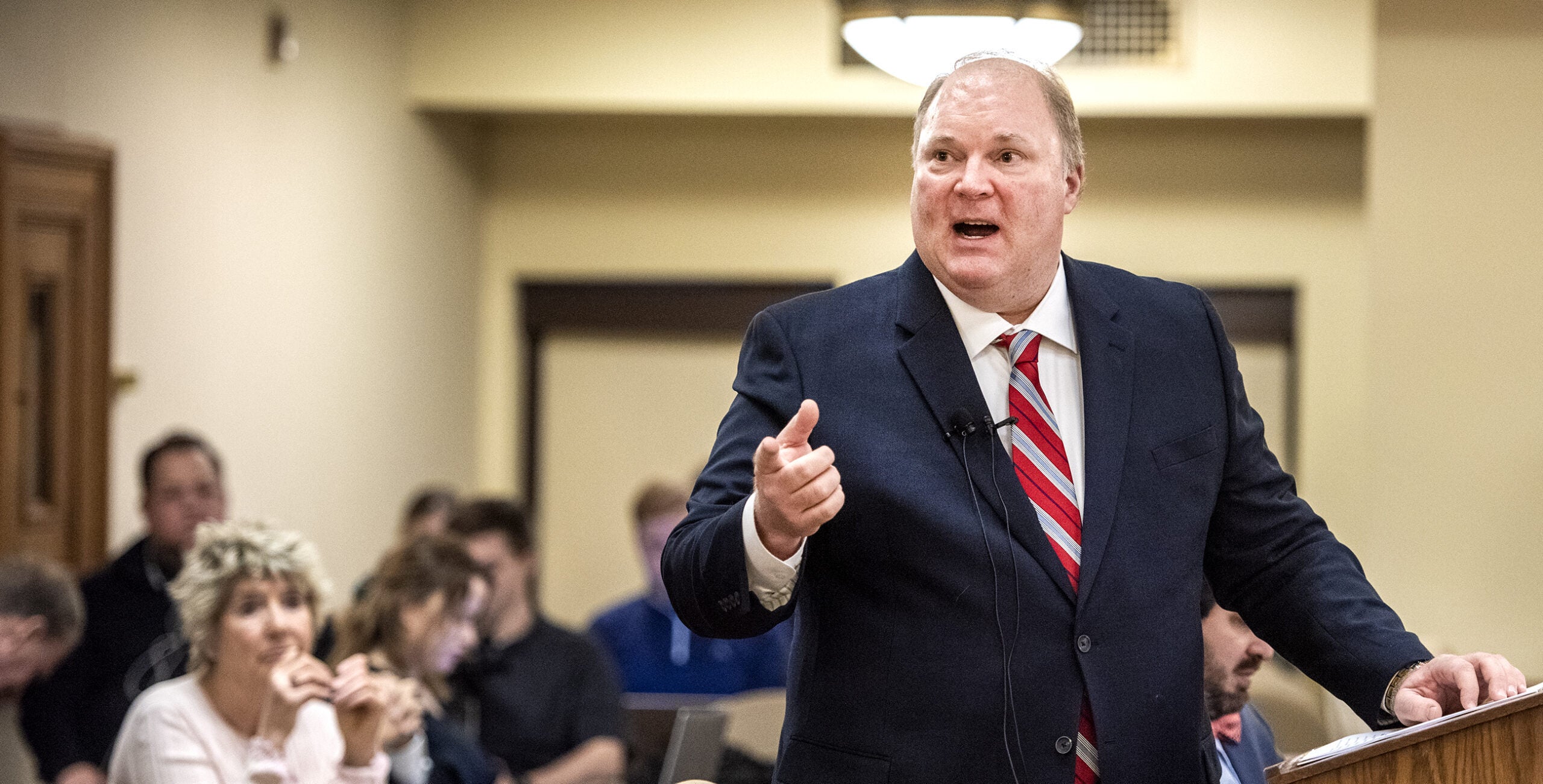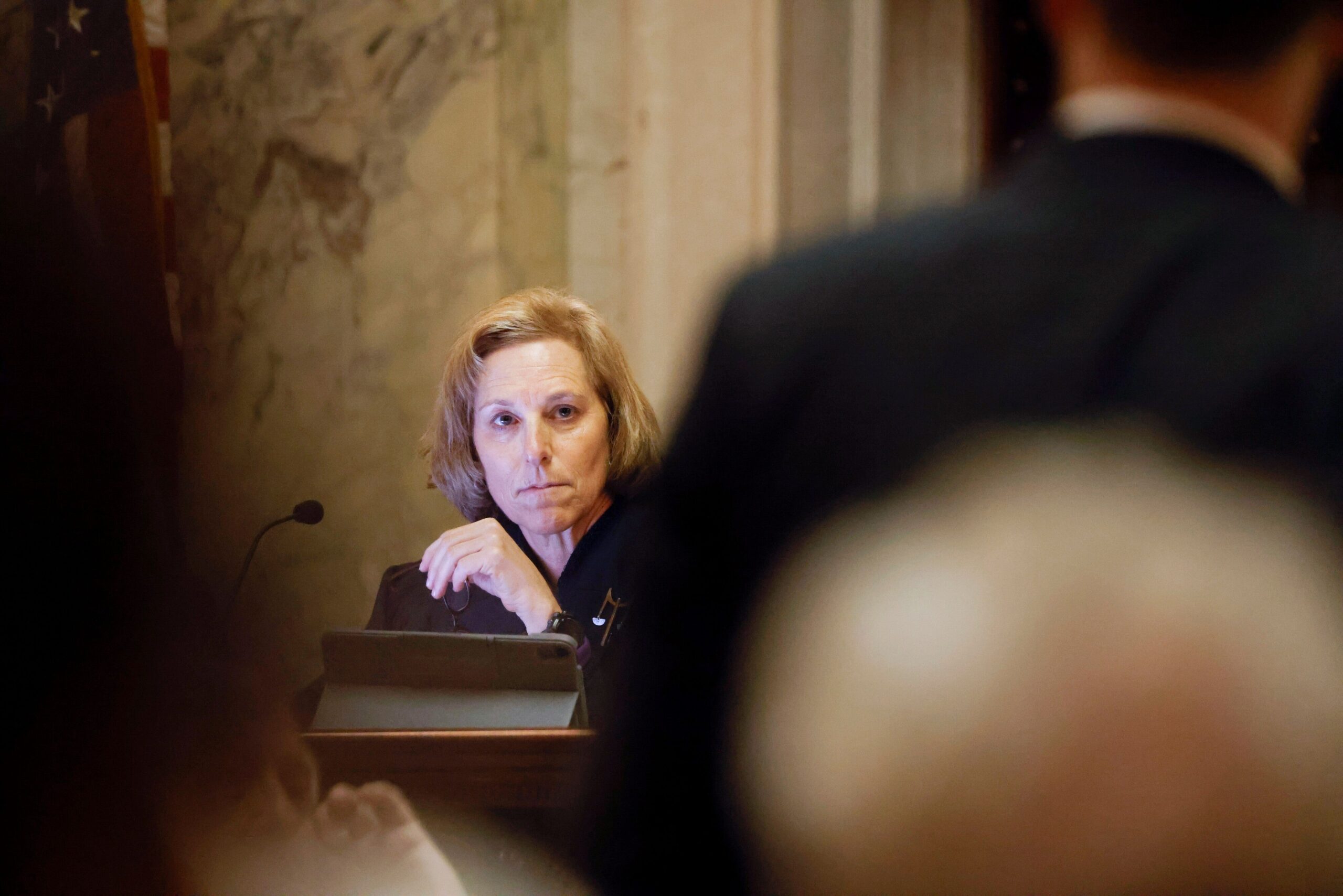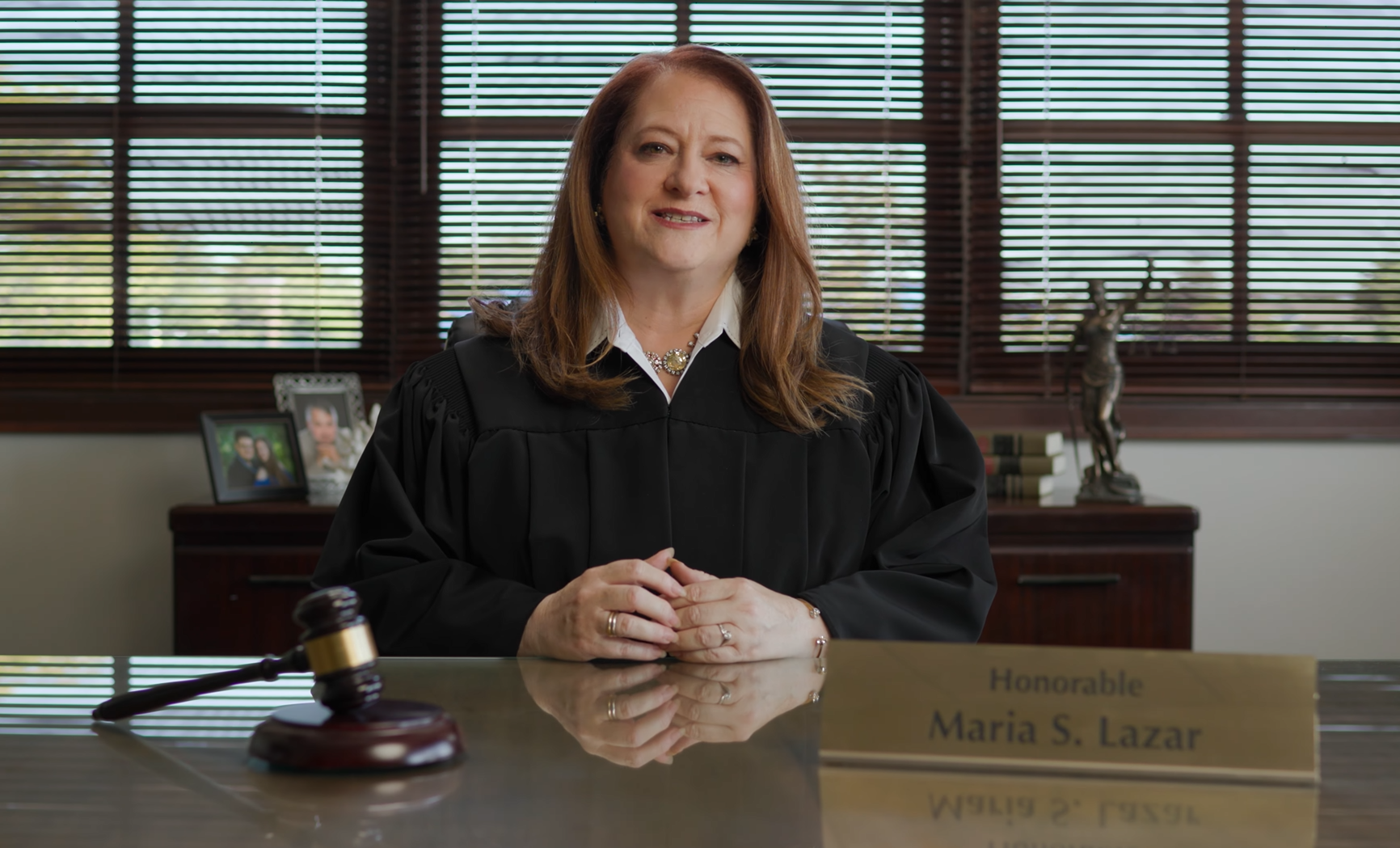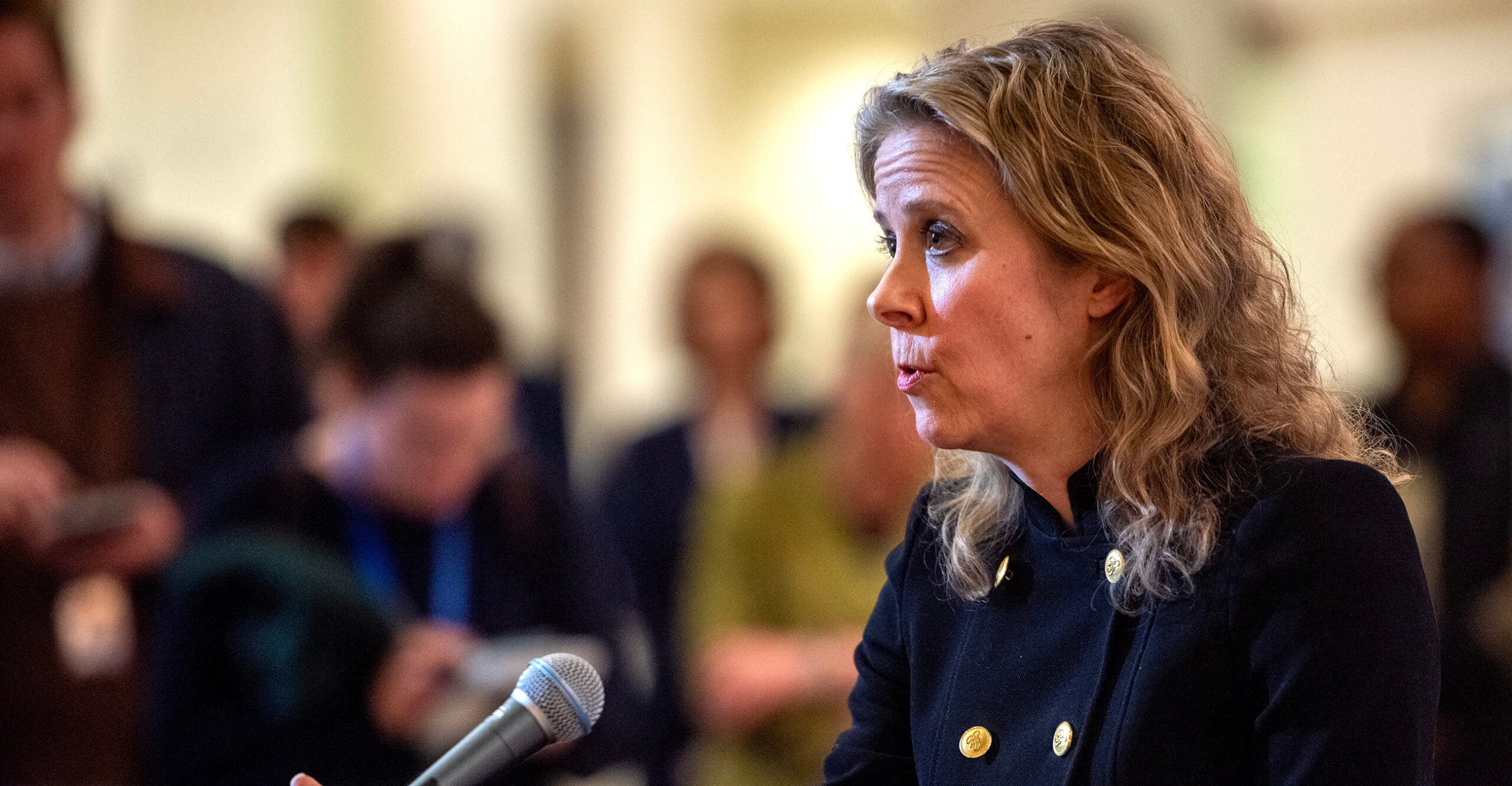An effort to set a mandatory age limit for Wisconsin Supreme Court justices and local judges has divided Republicans who run the Legislature.
The bill, introduced by Wisconsin Rep. Nik Rettinger, R-Mukwonago, and Sen. Cory Tomczyk, R-Mosinee, would bar anyone who is age 75 or older from being elected or appointed to the Wisconsin Supreme Court, circuit courts or the state appeals court. The sole exception would allow temporary reserve judges to fill out interim terms even if they reach the cut-off age.
As he pitched the bill to his Assembly colleagues on Thursday, Rettinger, who is 33, cited former President John F. Kennedy’s Inaugural Address in 1961, in which Kennedy referred to “the torch” being passed to a new generation of Americans.
News with a little more humanity
WPR’s “Wisconsin Today” newsletter keeps you connected to the state you love without feeling overwhelmed. No paywall. No agenda. No corporate filter.
“There is again now a growing desire from the public for another passage of the torch,” Rettinger said.
He also noted that Wisconsin voters had amended the state constitution in 1977 to authorize the Legislature to set age limits for justices and other judges, a vote he argued required lawmakers to act.
Rettinger said data from the National Center for State Courts shows 30 states have already set age limits for judges.
“As for some of our neighbors, data from the National Center for State Courts shows that Michigan and Minnesota both have an age cap of 70 years old,” Rettinger said.
Rettinger, who was first elected last year, said the bill won’t force sitting judges or justices out of office, because it provides a “glide path for someone turning 75 while currently in their term.”
Wisconsin Supreme Court Justice Ann Walsh Bradley, a member of the court’s new liberal majority, announced earlier this year she plans to run for another 10-year term in an election that will take place in April 2025. Bradley will turn 75 three months after her election, meaning she could serve on the court until she turns 85.
Rettinger referenced concerns his bill was aimed at forcing a liberal off the court with a joke on the Assembly floor.
“Believe it or not, Mr. Speaker, rumor has it that judicial elections have recently become a little more contentious here in Wisconsin,” Rettinger said. “I want to be clear to everyone in this body and to the public watching that none of our current state Supreme Court justices would be affected by this legislation should they seek reelection to office.”
While it’s rare for Republicans to break ranks on most of the bills that come up for votes in the Assembly, Rettinger’s plan was the exception to the rule. It passed the Assembly on a 53-44 vote, with 11 of the Assembly’s 64 Republicans joining Democrats to vote against it. Even one of the measure’s cosponsors, Rep. Jerry O’Connor, R-Fond Du Lac, voted against moving it to the Senate.
Rep. Ron Tusler, R-Harrison, who sided with the Democratic members of the Assembly Committee on Campaigns and Elections opposing the legislation days earlier, also voted against it on the Assembly floor.
Tusler said 75 is “too young.” He referenced former U.S. Supreme Court Chief Justice William Rhenquist served until his death at the age of 80 and Justice Clarence Thomas is currently serving on the court at age 75.
“That means that he can serve right now in the United States Supreme Court,” Tusler said. “But he couldn’t come back to Wisconsin and run for a local judge.”
Tusler said he knows “there’s a requirement that we set a number at some point” but called 75 an arbitrary number for judges and justices being asked to make complicated and difficult decisions on the court.
“I just worry not only about my judges in my county, but your judges, too,” Tusler said. “Do any of you have a judge over 75 that’s going to look at this and say, ‘Hey, am I incompetent in your eyes?’ I think you might.”
The idea of creating an “age cap” for Supreme Court justices in Wisconsin goes back years. In 2014, former state Rep. Dean Knudson, a Republican from Hudson, announced plans for a bill setting a mandatory retirement age of 17 for members of the state’s high court. At the time, former state Supreme Court Chief Justice Shirley Abrahamson, a liberal, was 80.
When asked about setting age limits for federal elected and appointed offices, most Americans favor the idea. A survey by the Pew Research Center released in October found 82 percent of Democrats and 68 percent of Republicans favored setting age limits for U.S. Supreme Court Justices.
Wisconsin Public Radio, © Copyright 2026, Board of Regents of the University of Wisconsin System and Wisconsin Educational Communications Board.







